The Rise of Burkina Faso’s Charismatic Military Leader Capt Ibrahim Traoré Sparks Global Fascination
- by Farouk Damina, RNG247
- about 5 months ago
- 383 views
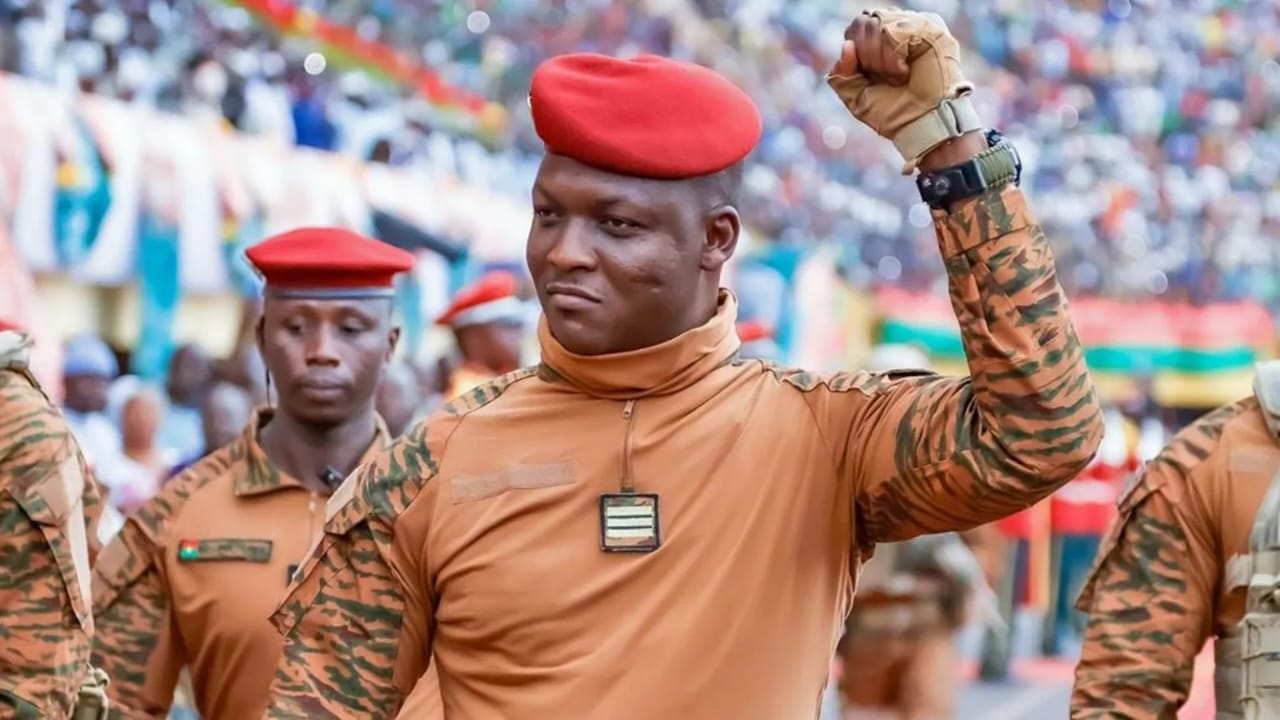
Burkina Faso’s young and dynamic military leader, Capt Ibrahim Traoré, has captured the imagination of millions across Africa and the world, manifesting a bold defiance against traditional Western influence and colonial legacy. At just 37 years of age, Traoré has adeptly crafted an image rooted in Pan-Africanist principles, positioning himself as a revolutionary figure committed to sovereignty, economic independence, and a revolutionary spirit reminiscent of legendary African icons.
Since seizing power in a coup in 2022, Traoré’s political narrative has resonated deeply with a continent yearning for change. His rhetoric condemns Western neo-colonial influence, advocating for African self-reliance and dignity. His speeches often echo the revolutionary fervor of Burkina Faso’s former hero, Thomas Sankara, revered as “Africa’s Che Guevara,” and this comparison has only elevated his status among admirers. The young leader's messaging has stirred hope and admiration, especially among Africa's youth, who see in him a symbol of resistance and renewal.
Traoré’s strategic alliances have shifted dramatically from France, Burkina Faso’s former colonial power, to Russia. His regime’s alignment with Moscow has resulted in the deployment of Russian paramilitary groups and overt economic cooperation. His government established a state-controlled mining enterprise aimed at capturing and maximizing the country’s mineral wealth, notably in gold. Under his banner, Burkina Faso has enforced new policies requiring foreign companies to cede stakes and transfer skills to local Burkinabé workers, exemplified by the recent licensing given to Russian firm Nordgold.
One of Traoré’s ambitious projects includes the construction of a national gold refinery and the creation of sovereign gold reserves, marking a significant step towards economic independence. However, his nationalist drive has not been universally welcomed. Western mining companies, such as Australian-based Sarama Resources, have faced legal disputes and license withdrawals, embroiling Burkina Faso in international arbitration processes. The government has also nationalized two gold mines owned by a London-listed company, signaling its intent to tighten control over resource extraction and foreign investment.
Enoch Randy Aikins, a researcher at South Africa’s Institute for Security Studies, highlights Traoré’s growing influence across African borders, attributing his popularity to his modernization of revolutionary ideals and his savvy media strategy. His social media campaigns, often featuring manipulated or AI-generated content, have propelled his image beyond Burkina Faso’s borders. Videos and posts showcasing him as a symbol of resistance, often accompanied by patriotic music and imagery, have circulated globally, inspiring audiences displaced by racism, colonialism, or political repression.
Traoré gained prominence on the international stage after a compelling speech at the 2023 Russia-Africa summit, where he condemned what he called African leaders’ puppet-like obedience to external powers. His words, amplified by Russian media, painted him as a champion of true sovereignty. His recent participation in Russia’s Victory Day celebrations further cemented his alliance with Moscow and demonstrated his desire to forge newer, more assertive ties beyond Western influence.
His political narrative deeply resonates with many African and diaspora communities facing ongoing racial and colonial injustices. African-American rapper Meek Mill publicly expressed admiration, praising Traoré’s “energy and heart,” although the post stirred some ridicule due to a mistaken reference. Meanwhile, French President Emmanuel Macron has openly criticized Traoré, accusing him of aligning with neo-imperial powers and fueling destabilization in Africa’s colonial-era territories.
Despite his popularity, Traoré’s tenure is not without controversy. His regime has failed to quell a decade-long Islamist insurgency that has increasingly spilled over into neighboring nations like Benin. His government’s crackdown on dissent— targeting opposition groups, media outlets, and civil society—has drawn criticism for undermining human rights and democratic freedoms. Critics, including medical professionals and magistrates, have been dispatched to frontlines, blurring the lines between security and repression.
Analysts believe that Traoré’s youth and media mastery are pivotal to his rising appeal. Rinaldo Depagne from the International Crisis Group notes that Burkina Faso’s young median age of under 18 creates fertile ground for youthful leadership to thrive. Traoré’s confident demeanor, charismatic oratory, and strategic presentation evoke memories of Sankara’s brief but impactful rule in the 1980s.
His show-stopping presence at Ghana’s presidential inauguration in January, where he arrived in military fatigues with a pistol at his side, exemplifies his unconventional approach. Observers say his style starkly contrasts with other West African leaders, often characterized by rigidity and electoral rigging. Traoré’s confident, accessible persona resonates with many young Africans seeking genuine change and leadership that visibly breaks from the old guard.
Economic assessments from global institutions such as the International Monetary Fund and World Bank offer a cautiously optimistic view. Despite ongoing security challenges, Burkina Faso’s economy is projected to remain resilient under Traoré’s rule, with improvements in revenue collection and social spending noted. Nevertheless, relations with Western powers and France remain tense, reflecting broader geopolitical shifts and frustrations over Africa’s political landscape.
As Traoré continues to forge a controversial yet influential path, his story embodies the complexities of modern African leadership—balancing revolutionary fervor, international alliances, economic ambitions, and internal dissent—all amid the hope and upheaval of a continent in transition.
A recent example is the claim by Gen. Michael Langley, head of the US Africa Command, that Traoré was utilizing Burkina Faso's gold reserves to secure his junta’s protection rather than serving the country's interests.
This statement appeared to reflect the longstanding US perspective—and that of some African allies—that Russian forces were supporting Traoré in exchange for influence over Burkina Faso’s gold industry. This narrative undermines the military ruler’s image as a leader who, in 2023, expelled French troops to restore national sovereignty.
Gen. Langley made these comments in early April during a US Senate committee hearing, sparking outrage among Traoré’s supporters, who felt their leader was being unfairly tarnished.
The situation intensified when the Burkinabé junta announced it had thwarted a coup plot allegedly coordinated by individuals in neighboring Ivory Coast—an assertion contradicted by Ivory Coast, which denied involvement. Meanwhile, the US Africa Command stressed that Gen. Langley’s visit aimed to address shared security challenges, including "violent extremism."
Amid this tension, the junta organized one of its largest rallies in Ouagadougou, fearing that "imperialists" and their "lackeys" were plotting to overthrow Traoré. A protester, musician Ocibi Johann, told the Associated Press, "Because Colin Powell lied, Iraq was destroyed. Barack Obama lied, Gaddafi was killed. But this time, their lies won't affect us."
Solidarity demonstrations with Traoré also took place abroad, notably in London. He later expressed his gratitude via social media in both French and English, sharing his vision for "a new Burkina Faso and a new Africa" and stating, "Together, in solidarity, we will defeat imperialism and neo-colonialism for a free, dignified, and sovereign Africa."
While the outcome for the young captain remains uncertain, his actions—along with those of Mali and Niger’s military leaders—have significantly disrupted West Africa. Several neighboring states have followed suit by ordering French forces to withdraw, dissolving regional trade and security ties through the Economic Community of West African States (ECOWAS), forming their own alliances, and imposing a 0.5% tariff on imported goods.
Mr. Aikins suggested that Traoré could follow the example of others. He noted that when Rawlings seized power in Ghana at age 32, he was called "Junior Jesus"; yet after 19 years, his legacy was mixed—he had failed to eradicate corruption despite helping to establish a lasting democracy.
For a durable legacy, Mr. Aikins advised, Traoré should prioritize peace and strengthen state institutions to promote good governance.



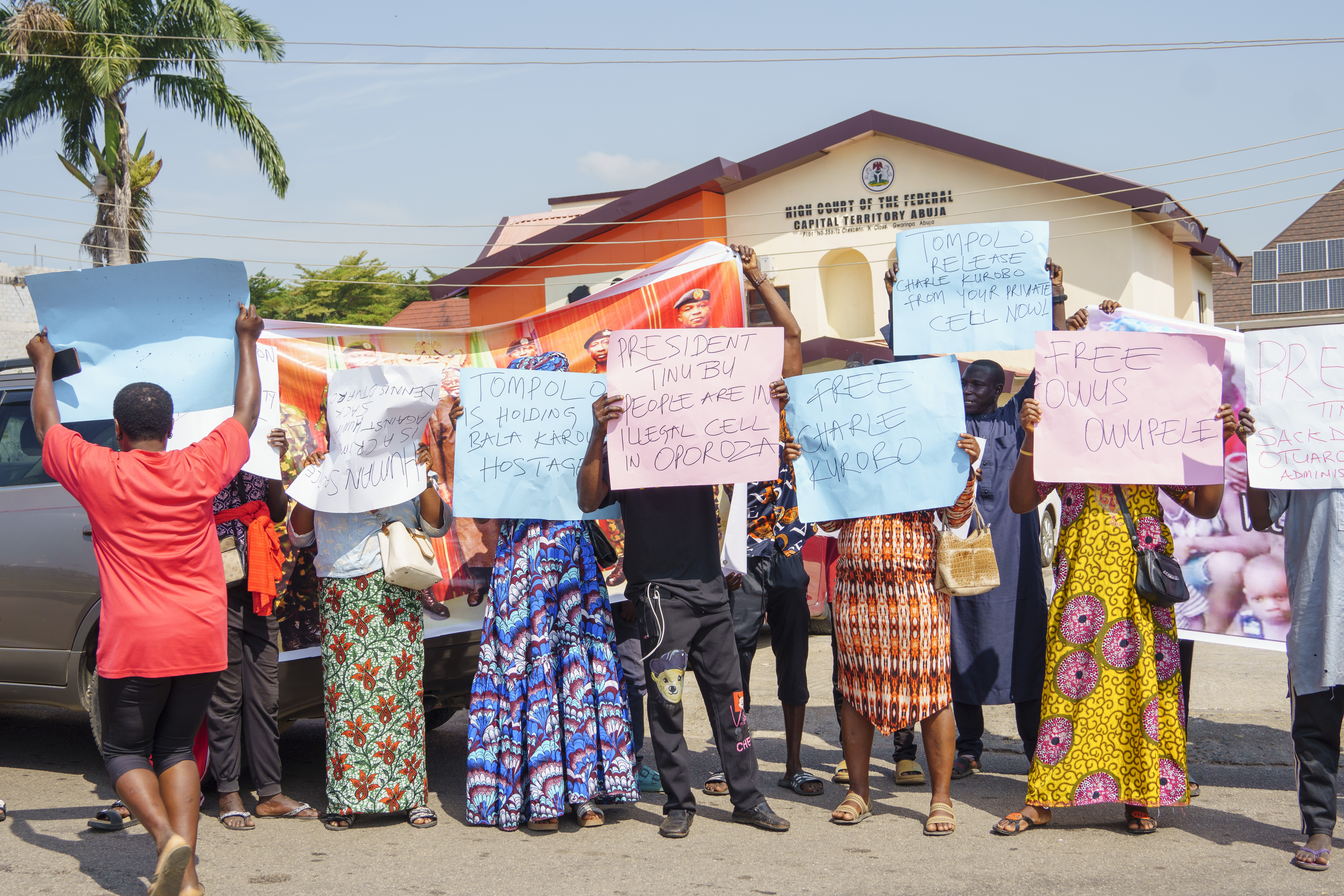
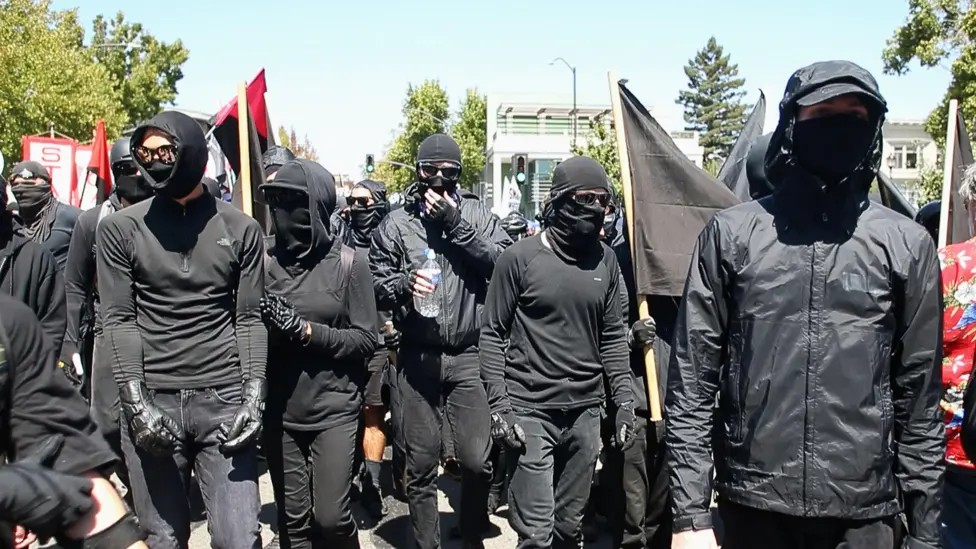

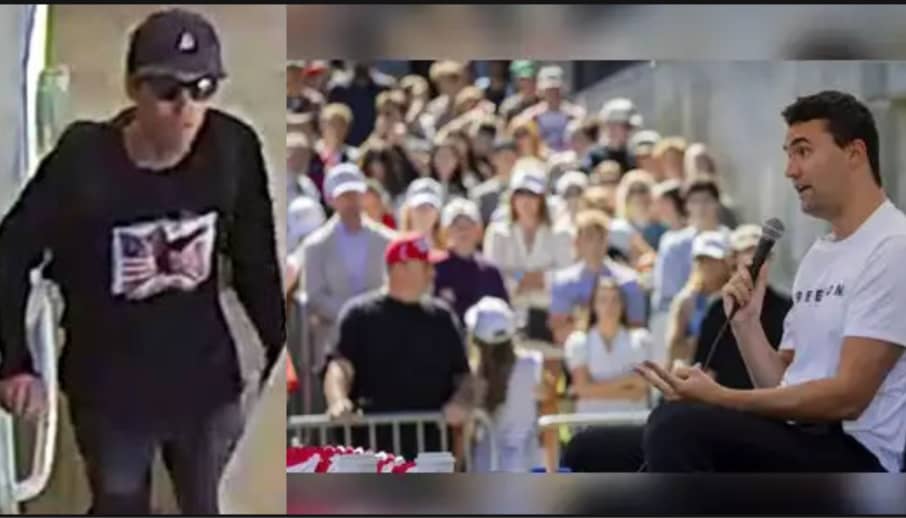
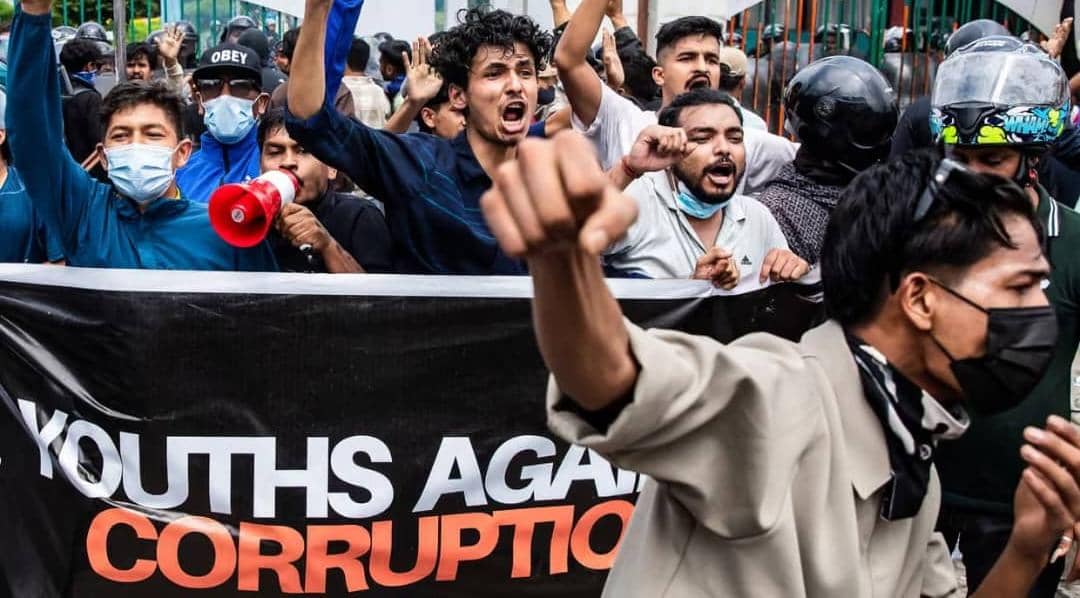
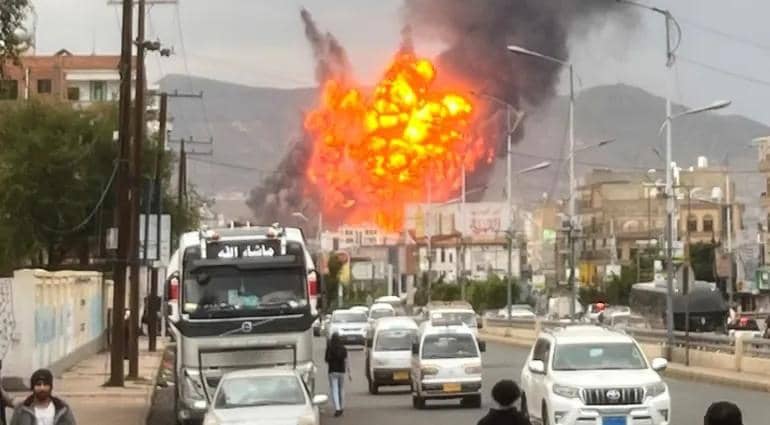
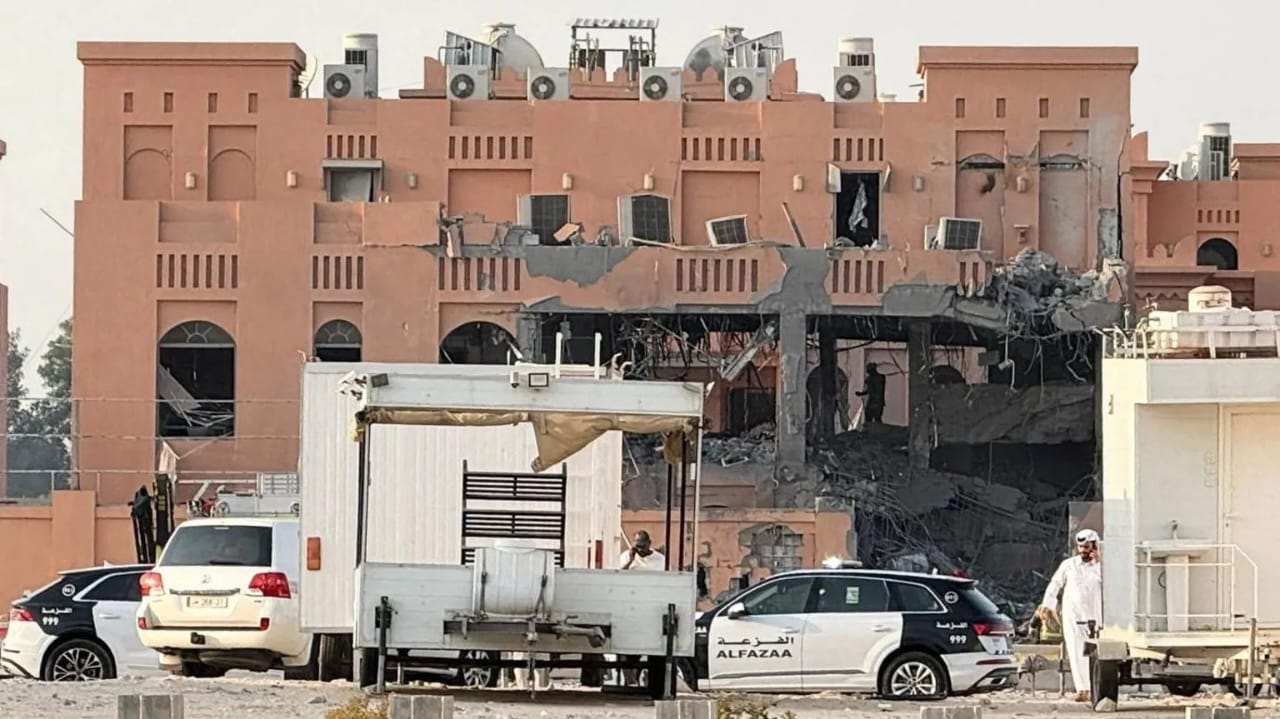
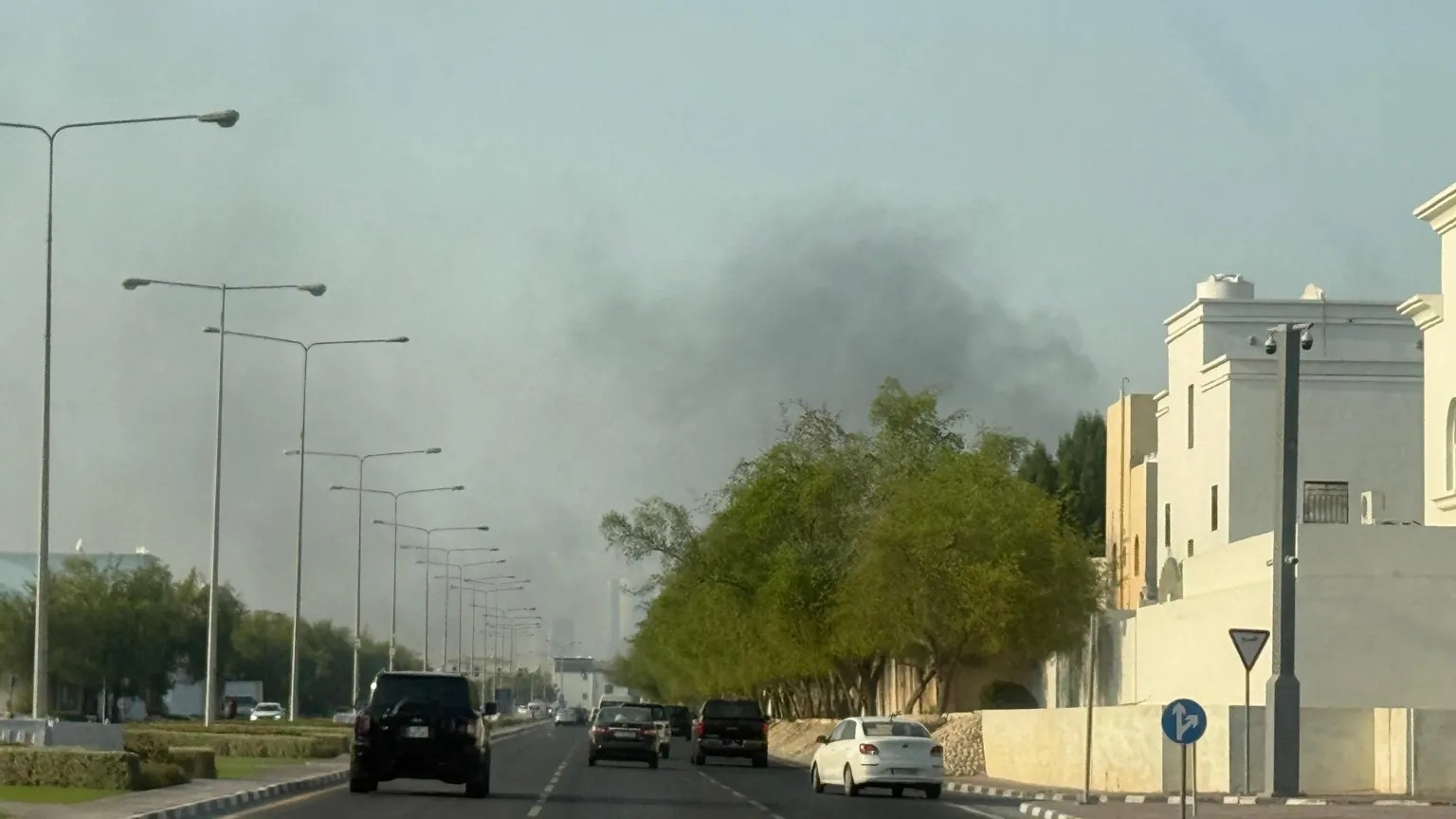
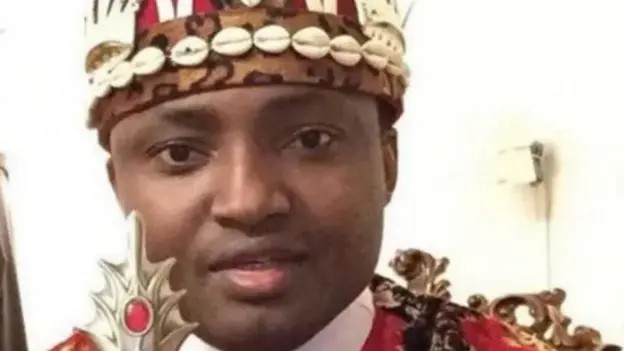
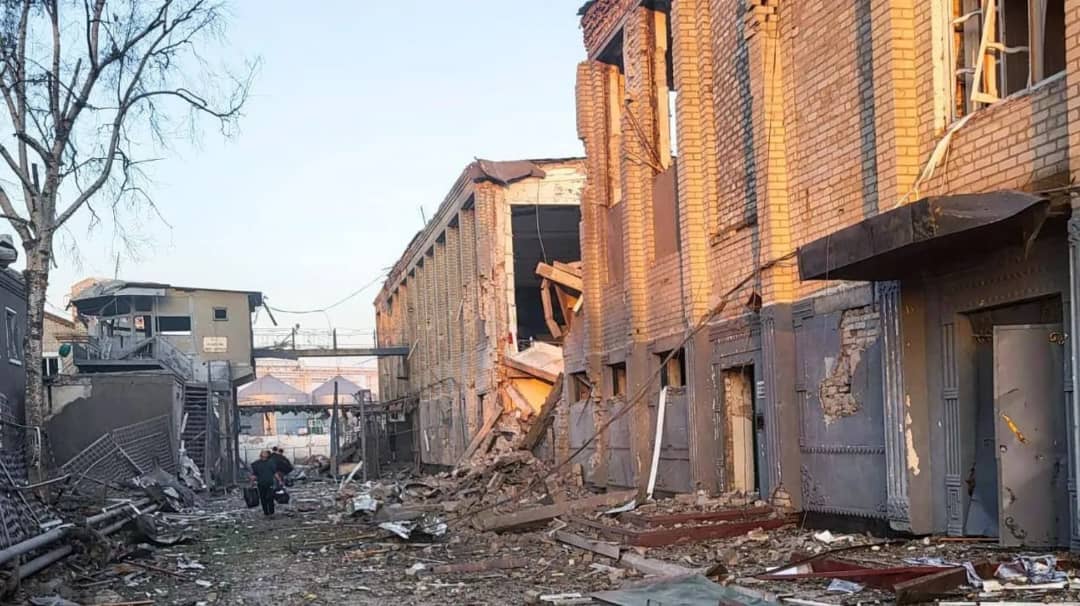
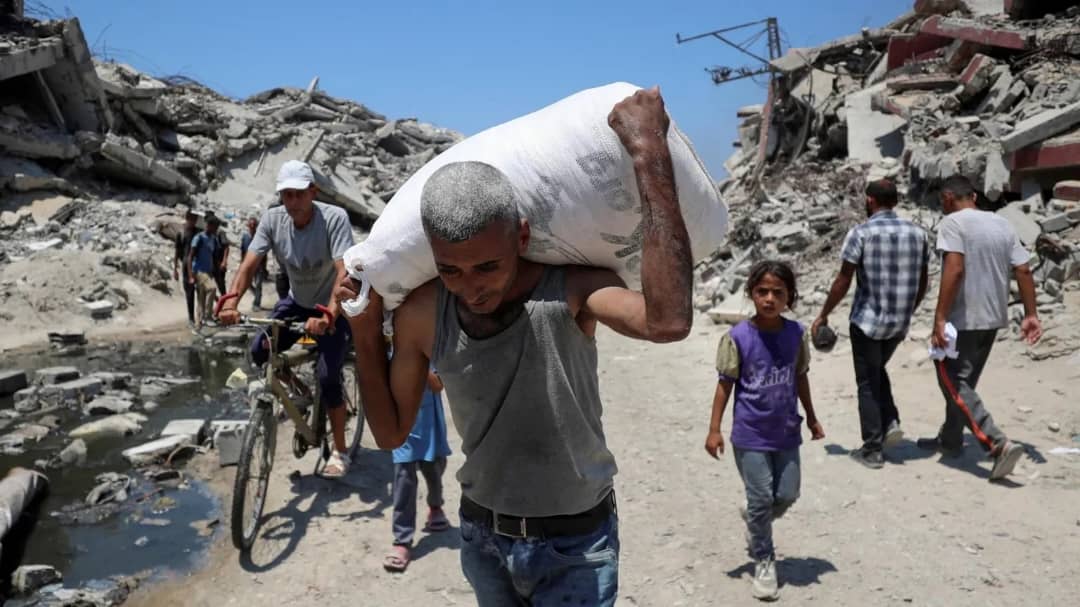
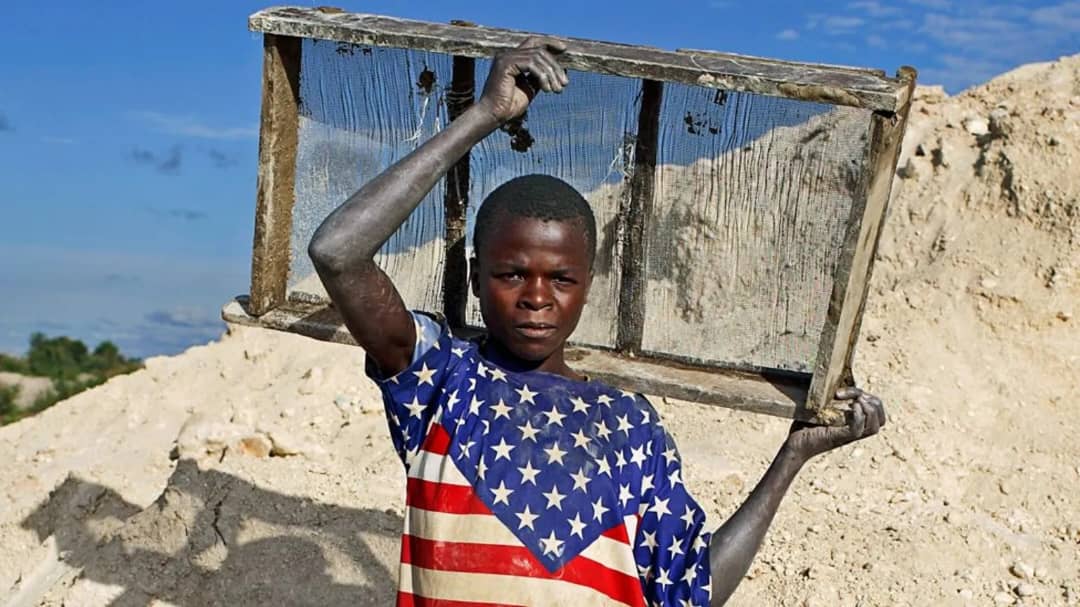

0 Comment(s)